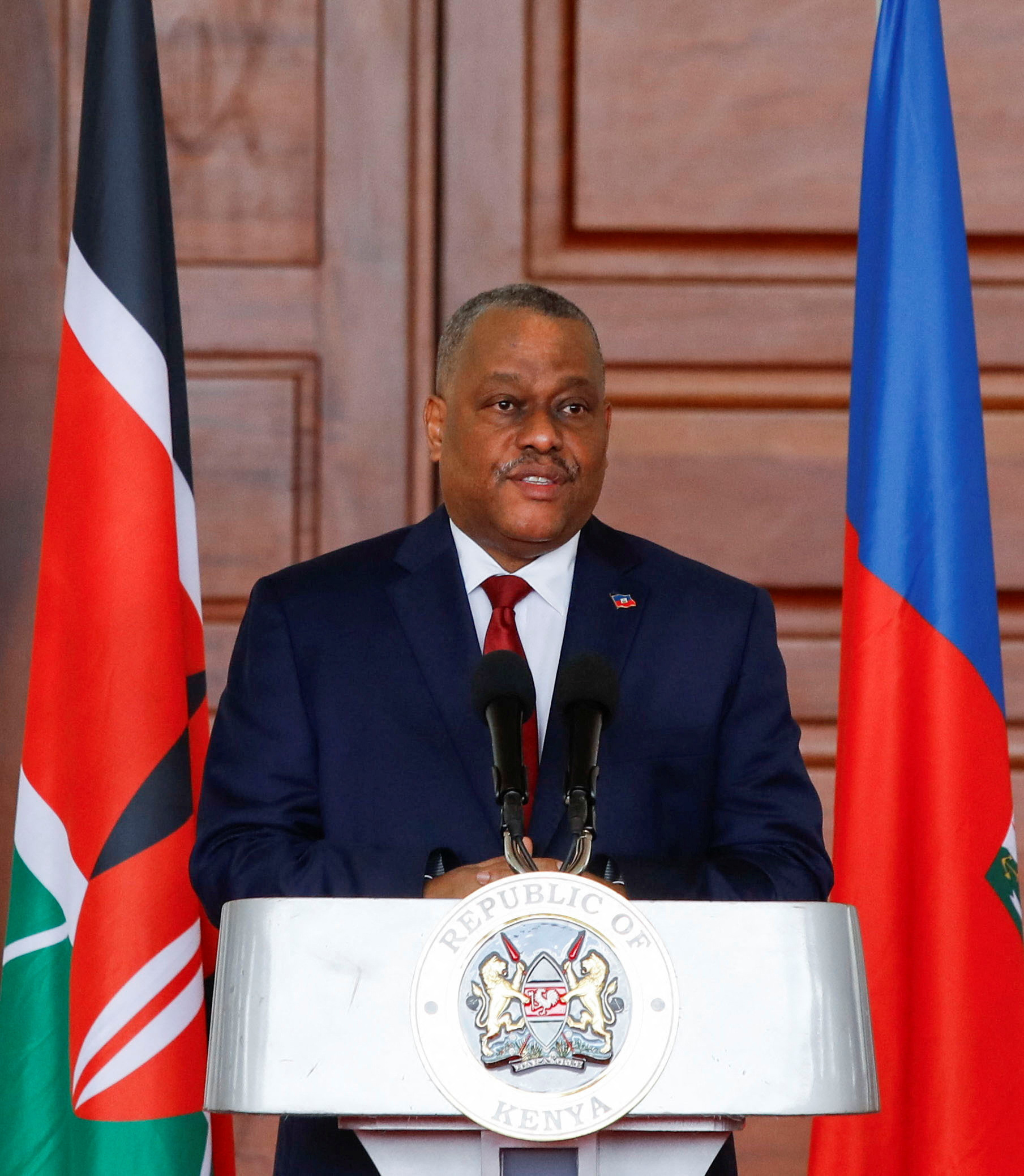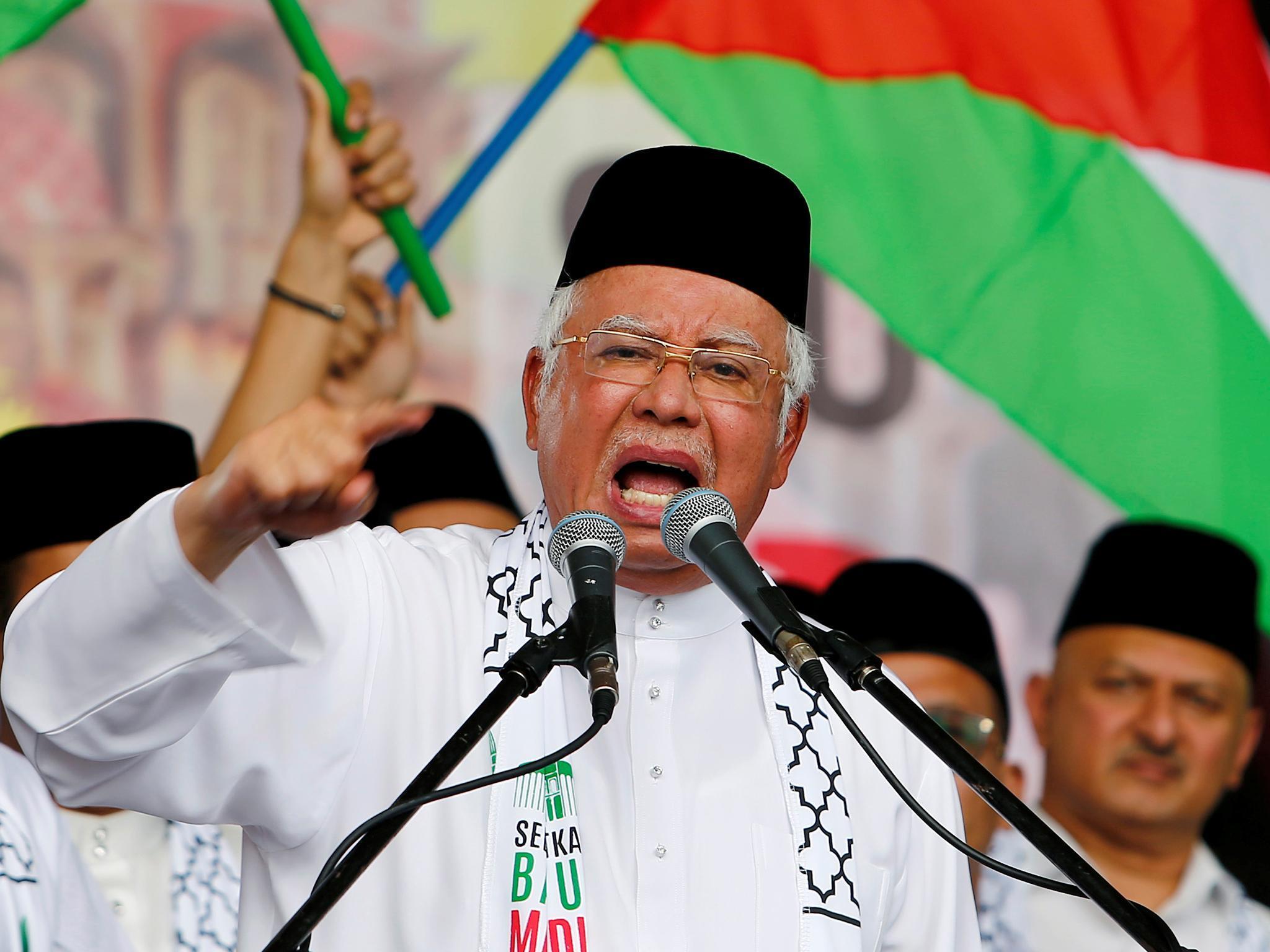
Shattered Trust: The Scandals That Shook Kenya in 2024
2024 has been a turbulent year for Kenya, marked by a series of scandals that not only captured public attention but also left a profound impact on trust in government institutions. As I reflect on this rollercoaster of events, it’s hard to ignore how these issues have intertwined the lives of everyday Kenyans, eroding faith in our leadership.
The Fertiliser Scandal: A Blow to Agriculture
Imagine being a farmer, relying on government support to improve your yield, only to discover that the fertiliser you received was substandard. This was the harsh reality for many farmers in early 2024, as they reported receiving fertiliser that failed to meet quality standards. Following investigations from the Kenya Bureau of Standards, it was confirmed that a significant batch of fertiliser delivered was not fit for use. The fallout was swift: government officials were suspended, and calls were made for the removal of Agriculture Cabinet Secretary Mithika Linturi.
In one of his rallies, President Ruto promised that those responsible for this procurement disaster would face serious consequences. Although he assured farmers of compensation after a new consignment was imported, the damage was done. This scandal not only threatened agricultural productivity but also eroded farmers’ trust in government initiatives that were meant to uplift their livelihoods.
 The backbone of Kenya’s economy – agriculture is under threat.
The backbone of Kenya’s economy – agriculture is under threat.
Cooking Oil Controversy: A Nutritional Crisis
Later in the year, another scandal erupted involving the Kenya National Trading Corporation (KNTC) and the distribution of unacceptable cooking oil. Reports surfaced indicating that a staggering 32 million litres of cooking oil, deemed unfit for consumption, had somehow made its way into Kenyan homes. During a session with the National Assembly, KEBS Managing Director, Esther Ngari revealed that many of the imported containers did not meet essential nutritional requirements.
Not only did this compromise public health, but it also raised serious questions about regulatory oversight. How could such a large volume of substandard cooking oil navigate the system unchecked? For countless households relying on these basic commodities, this episode was another blow to trust in the institutions that are supposed to protect consumers.
The Adani Contracts: A Foreign Fiasco
The saga took a more international turn with the controversial contracting of India’s Adani Group for the renovation of the Jomo Kenyatta International Airport and power line repairs. Public opinion was overwhelmingly against this deal, especially from aviation workers fearing for their jobs. As protests gained momentum throughout the year, culminating in a public outcry, President Ruto took a decisive stand on November 21, announcing the cancellation of the Ksh338 billion deal.
This bold move resulted in widespread jubilation among Kenyans, a collective sigh of relief as they saw a glimmer of hope amid the chaos. Yet, one must wonder what led to this drastic contracting decision in the first place. Was it a lack of foresight, or was it simply the lure of a quick fix? Regardless, the temporary trust restored by the cancellation does not negate the difficulties faced by workers and the emotional toll on the populace.
 President Ruto addressing the nation amidst rising tensions.
President Ruto addressing the nation amidst rising tensions.
The Finance Bill 2024 Protests: A Nation Fractured
As if this cascade of scandals weren’t enough, the introduction of the Finance Bill 2024 led to one of the most intense protests in Kenyan history. Proposed tax increases on essential goods like bread and milk ignited a fervent response from the youth, who took their frustrations to the streets. What began as peaceful demonstrations quickly escalated into violence when law enforcement was deployed, leading to tragic losses of life.
The government’s handling of these protests drew heavy criticism, particularly towards former Interior Cabinet Secretary Kithure Kindiki, who faced backlash for allegedly allowing police to resort to lethal force. After weeks of unrest, President Ruto finally decided to withdraw the contentious bill amid the mounting pressure.
In a country that has seen its share of hardships, these events lamentably underscored a growing divide between the government and its citizens.
 Protests erupted across the nation as Kenyans voiced their discontent.
Protests erupted across the nation as Kenyans voiced their discontent.
Conclusion: The Path Forward
As we approach the end of the year, it’s essential to examine the long-term effects of these scandals on Kenya. Trust in government has been severely tested, and the path to recovery will not be easy. With an engaged public demanding accountability, transparency, and reform, there’s an opportunity for real change in how our leaders govern.
The question remains: Will the government rise to the occasion, or are we destined to repeat the mistakes of the past? As Kenyans, we must remain vigilant and engaged, advocating for our rights and demanding a better future for all.















